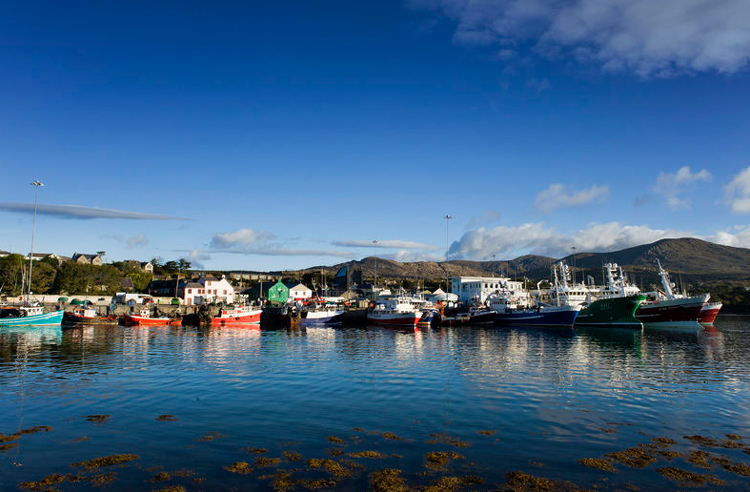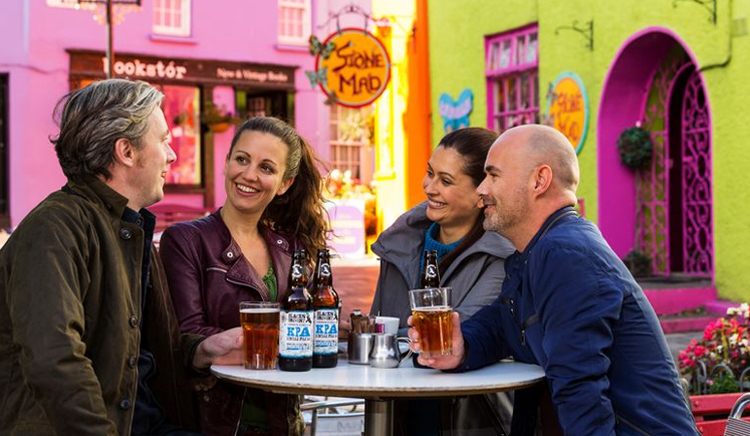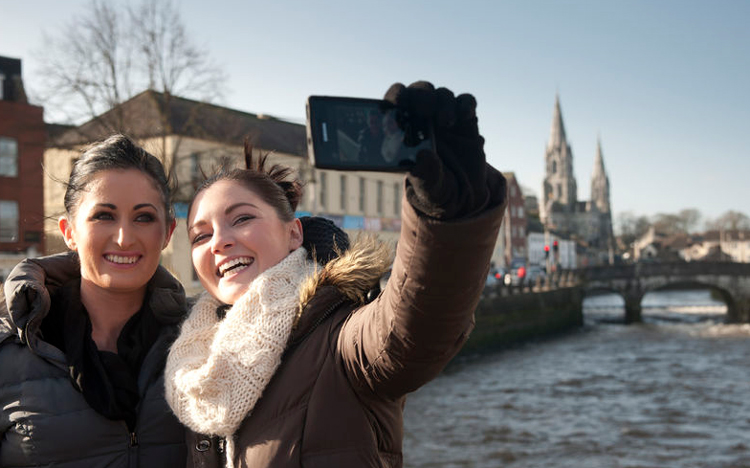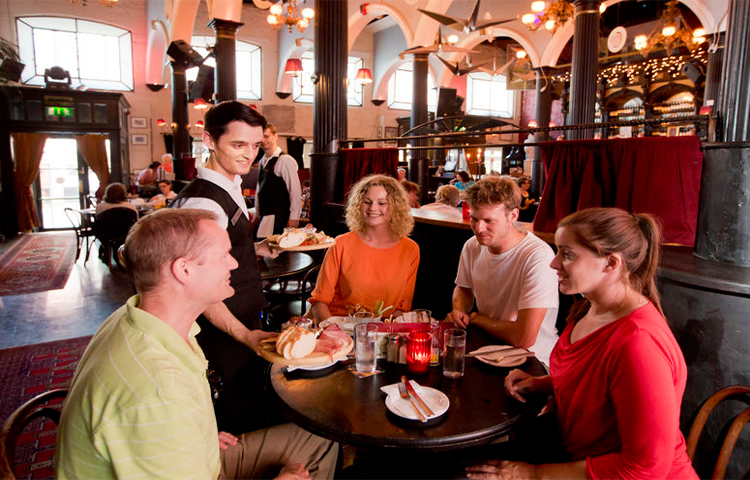
Some useful tips, advice, information and the answers to frequently asked questions
Over the years we've gathered quite a list of tips for visitors to Cork. Here are our top tips....
CONNECT
Everyone in Ireland speaks English. Even the donkeys. Having a common language with us will enhance your trip here. On top of having great adventures and seeing wonderful sights, you will be welcomed by friendly locals, eager to share their stories and enjoy the craic with you.
GRAND
You're going to hear this word all the time in Cork and its use can perplex visitors. In Hiberno-English, it means "good" or "ok".
e.g. Did you have a nice day?
Yeah, t'was grand.
RISING TIDE
The sea level in tidal areas in Ireland, including the River Lee, can rise and fall as much as 4.5 metres in six hours - dramatically changing the look of our unspoiled beaches and pristine coastline.
When you leave your hotel in the morning the sea level might be much lower than when you return so be careful not to get trapped by a rising tide when out exploring our wild coastline. 
MIND THAT MUTTON
In hilly and mountainous areas, especially around the Beara Peninsula and aptly named Sheep’s Head Peninsula in West Cork expect to see sheep on the roads. On narrow roads in rural areas, it is common for traffic to be held up at milking times as farmers move their cows from a field on one side of a road to the other!
JUST ASK
If you’re lost don’t get in a huff trying to download a map or get a GPS connection when you can just ask a local! Corkonians love helping tourists and are very patient listeners. They love to help disorientated visitors wandering around trying to find a landmark. Speak to the locals, they are friendly. 
SAY WHAT?
Irish people are known to be fast talkers and Corkonians pride themselves in being one step ahead of everyone else on the island, so don’t be afraid to ask someone to repeat what they have said a few times. Locals are well used to speaking to visitors who are not fluent English speakers and will slow down to make sure you understand them.
WIFI
Cork city centre and the area around Cork Public Museum in Fitzgerald’s Park has free public WIFI that you can use for 30 minutes. Almost all cafés, hotels and restaurants have free access (just ask for the password).
NO BARS?
Don’t worry, we mean mobile signal, not pubs! When using a smartphone to find your way around bear in mind that data connections can be slow or even non-existent outside urban areas, especially in remote areas on the Wild Atlantic Way. Ask a local for directions and don’t be afraid to knock on someone’s door if you’re really lost. They might even invite you in for tea!
GO WHERE?
All official road signage in Ireland is bilingual with the Irish language on top and the English underneath. All distances and speed limits appear in kilometres. (1 kilometre equals 0.62 miles). Visitors are often amused at apparent advertisements to go shopping on the road, but this is the Irish language telling drivers to slow down.
THE WEATHER ROULETTE WHEEL
There’s a reason locals never stop talking about the weather – it is constantly changing, especially in Atlantic facing parts of Ireland like Cork. Luckily there are no extremes (“fierce mild” is a common term to describe slightly warmer than usual temperatures!) but it’s common to leave your hotel in a rain jacket and umbrella and return wearing short pants and covered in suncream. 
MAKE A PLAN
Visitors to Cork are often overwhelmed by the huge amount of high-quality must-see sights and activities. It’s also the starting point for Ireland's two main tourist offerings – the Wild Atlantic Way and Ireland’s Ancient East so you might be torn between the two. Check out our carefully compiled itineraries and make a plan - don’t miss the best of Cork.
STORIES AND SONG
Every Cork village and town has its own story to tell each with its own festivals, local food, and fun. Cork’s history and culture is often portrayed in music and song so be sure to use our What's On section to catch a traditional Irish music session, a local festival or live music gig. 
TIPPING
There is no tipping culture in Ireland with the exception of sit-down restaurants where you are served by a waiter or waitress. 10% of the bill total is the usual.
I THOUGHT WE JUST CROSSED THAT RIVER?
In Cork city centre the River Lee has a north channel and a south channel that both flow from west to east – this often perplexes visitors trying to find their way around to the city who don’t realise there’s more than one river.